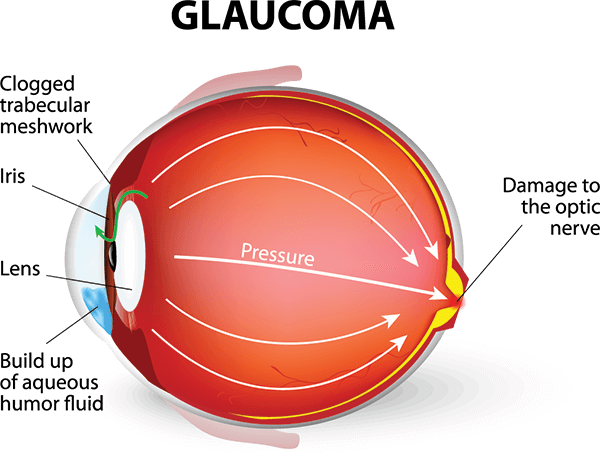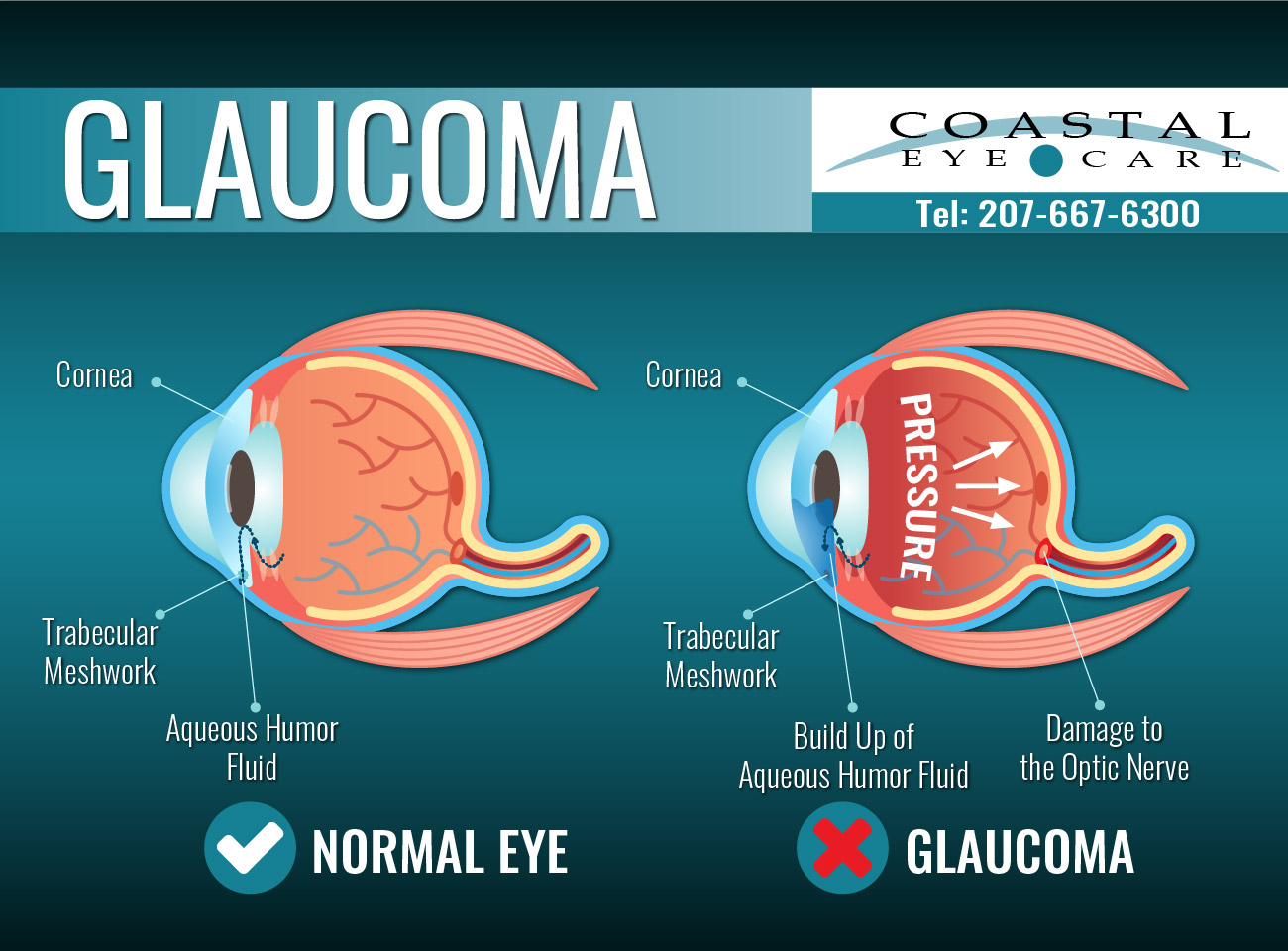Comprehensive Retina Service Near Me: Expert Take Care Of Your Vision
Comprehensive Retina Service Near Me: Expert Take Care Of Your Vision
Blog Article
Understanding the Different Vision Modification Procedures Available for Clearer View
In the realm of vision improvement treatments, a wide range of alternatives exist to address refractive errors and supply people with more clear sight. From the commonly recognized LASIK surgical treatment to much less intrusive treatments like PRK and implantable lenses, the area of ophthalmology offers a variety of methods customized to suit different requirements and choices. Each treatment features its own set of considerations, benefits, and prospective threats. Understanding the nuances of these vision adjustment techniques is essential for making notified choices about one's visual health. Let's check out the ins and outs of these treatments and lost light on the course to attaining boosted vision clarity.
LASIK Surgical Treatment
LASIK surgical treatment is a typical refractive procedure used to fix vision issues such as astigmatism, farsightedness, and nearsightedness - eyecare near me. This surgical technique, which represents Laser-Assisted in Situ Keratomileusis, aims to improve the cornea to improve just how light is concentrated on the retina, ultimately boosting vision clearness. During the treatment, a thin flap is developed on the cornea, and a laser is utilized to remove specific amounts of cells to reshape it appropriately. This improving allows for light to be properly focused onto the retina, correcting refractive mistakes.
One of the primary benefits of LASIK surgery is the quick enhancement in vision experienced by people. Many individuals observe a significant improvement in their sight quickly after the procedure. Furthermore, most individuals report marginal pain and discomfort during the surgical procedure and recovery period. The recuperation time for LASIK is fairly fast, with numerous individuals returning to their everyday tasks within a day or more post-operation. Overall, LASIK surgical procedure is a popular selection for individuals seeking a long-term service for their vision issues.
PRK Treatment
While also an usual refractive treatment, the PRK (Photorefractive Keratectomy) method differs from LASIK surgical procedure in its method to correcting vision troubles. In PRK, as opposed to developing a flap on the cornea, the outer layer of the cornea, called the epithelium, is entirely eliminated. This permits the laser to reshape the cornea to deal with refractive errors such as farsightedness, astigmatism, and nearsightedness directly externally.

In spite of the longer healing time, PRK can yield outstanding results in vision improvement, making it an important choice for those that might not be suitable candidates for LASIK surgical treatment.
Implantable Lenses
Unlike PRK where the cornea is improved directly, implantable lenses use one more technique for dealing with vision by putting artificial lenses inside the eye. This treatment is particularly useful for individuals with high levels of farsightedness, astigmatism, or nearsightedness that might not appropriate candidates for laser surgeries like LASIK or PRK.
Implantable lenses, additionally called phakic intraocular lenses, job by supplementing the eye's natural lens with a man-made one. refractive surgeries in al. These lenses can be positioned before the natural lens (anterior chamber) or behind the iris and before the natural lens (posterior chamber) By adjusting the power and positioning of these lenses, ophthalmologists can properly remedy refractive errors and enhance aesthetic skill
One check that advantage of implantable lenses is that they are exchangeable and removable, giving versatility for future modifications. As with any type of medical procedure, there are threats included, such as infection or cataract development. Individuals thinking about implantable lenses ought to speak with an eye treatment expert to determine one of the most suitable choice based on their specific needs and eye health and wellness.
Corneal Rings
Corneal rings, also recognized as intracorneal ring sections, are tiny, transparent tools inserted right into the cornea to correct vision distortions such as keratoconus. Keratoconus is a problem where the cornea thins and protrudes outward, creating vision to become altered. The insertion of corneal rings helps to squash the cornea, boosting visual skill and decreasing the uneven astigmatism triggered by keratoconus.
The treatment for inserting corneal rings is fairly fast and minimally invasive, typically performed as an outpatient treatment. Throughout the surgical treatment, the eye doctor makes a small cut in the cornea and inserts the rings at a specific depth. As soon as in place, the rings aid to reshape the cornea, supplying a view it now smoother surface area for light to go into the eye, which can cause clearer vision.
Corneal rings are taken into consideration a reversible procedure, as they can be eliminated or changed if necessary. glaucoma service near me. While they may not totally remove the need for glasses or contact lenses, corneal rings can substantially boost vision quality and general aesthetic convenience for people with keratoconus or various other corneal abnormalities
Refractive Lens Exchange
Adhering to the improvement of corneal irregularities with treatments like corneal rings, another vision correction technique that can address refractive mistakes is Refractive Lens Exchange (RLE) RLE is a surgery that entails changing the eye's all-natural lens with an artificial intraocular lens (IOL) to correct refractive mistakes such as nearsightedness, presbyopia, and farsightedness. This treatment is especially advantageous for individuals that may not be appropriate candidates for procedures like LASIK or PRK due to variables such as slim corneas or high refractive errors.

Final Thought
To conclude, there are different vision correction treatments available to assist people achieve clearer sight. LASIK surgical procedure, PRK treatment, implantable lenses, corneal rings, and refractive lens exchange are all alternatives that can resolve different vision issues. It is crucial for people to seek advice from their eye treatment company to figure out one of the most ideal treatment based upon their details demands and choices. With advancements in technology, achieving improved vision is now much more available than in the past.
In the realm of vision adjustment procedures, a multitude of options exist to address refractive errors and provide individuals with more clear view.LASIK surgical procedure is a typical refractive procedure used to fix vision problems such as farsightedness, nearsightedness, and astigmatism.While also a common refractive procedure, the PRK (Photorefractive Keratectomy) technique varies from LASIK surgical treatment in its approach to dealing with vision issues.Following the correction of corneal abnormalities with treatments like corneal rings, an additional vision improvement technique that can deal with refractive errors browse this site is Refractive Lens Exchange (RLE) LASIK surgical treatment, PRK procedure, implantable lenses, corneal rings, and refractive lens exchange are all choices that can deal with various vision concerns.
Report this page